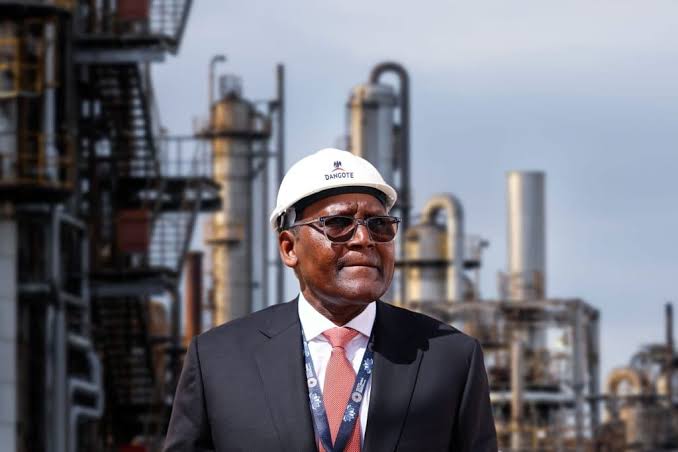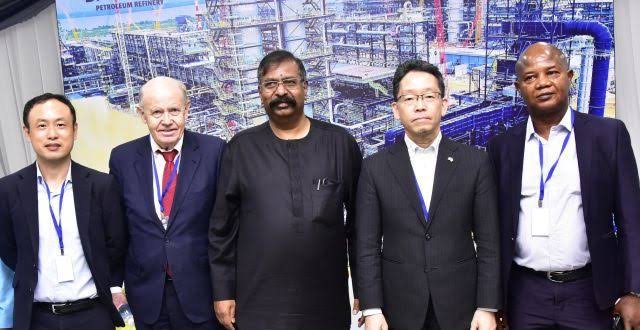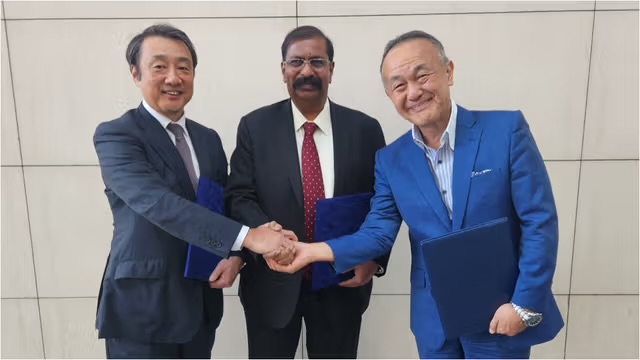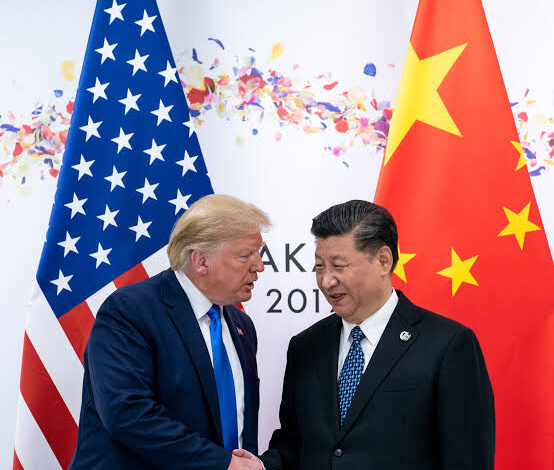
Faith Nyasuguta
Africa’s richest man, Aliko Dangote, is taking another bold step in reshaping Nigeria’s industrial future by expanding beyond oil refining into the global petrochemical sector. In a landmark move, Dangote Industries has signed a partnership with Japanese giant Mitsui Chemicals, opening a new chapter for both Nigeria’s economy and Africa’s place in global manufacturing.
The agreement was unveiled at the Tokyo International Conference on African Development (TICAD) in Yokohama, where Dangote Industries Limited, Mitsui Chemicals, and consulting firm AAIC Holdings formalized the collaboration. Present at the signing were Yoshinori Andou, Senior Managing Executive Officer of Mitsui Chemicals; Devakumar V. G. Edwin, Vice President of Dangote Industries and Susumu Tsubaki, Representative Director of AAIC.
At the heart of the deal is Dangote’s ambitious plan to utilize feedstock from his 650,000-barrel-per-day Lagos refinery to produce high-value petrochemical products, including resins, plastics, and fertilizers. The Japanese partner will provide the technology and expertise, ensuring that the project is not just locally significant but globally competitive.
Transforming Nigeria’s industrial base

For decades, Nigeria has relied heavily on crude oil exports while importing many of its industrial raw materials. This new partnership promises to flip that narrative. By producing petrochemicals at home, Dangote is positioning Nigeria as a hub for industrial inputs critical to manufacturing, agriculture, and consumer goods industries.
His $2 billion petrochemical plant in Ibeju-Lekki, Lagos State, located next to the sprawling refinery complex, is already Africa’s largest facility of its kind. It has the capacity to produce about 900,000 tonnes of polypropylene annually, covering 77 different high-performance grades. With a turnover of $1.2 billion, it is strategically designed to meet the rising demand of Africa’s downstream plastic processing industries while also catering to international markets.
Local and global impact
Analysts highlight that this partnership has far-reaching consequences. For Nigeria, it could reduce dependence on costly imports of plastics and fertilizers, create thousands of jobs, and boost the country’s fragile manufacturing sector. With agriculture and consumer industries set to benefit directly, the multiplier effect could ripple across the wider economy.

Globally, the deal positions Dangote Industries as a serious competitor in the petrochemical space. It also gives Mitsui Chemicals a strong entry point into Africa’s largest economy and one of the fastest-growing consumer markets in the world. This aligns with Japan’s broader strategy of deepening corporate presence in Africa’s industrial sector.
Strengthening Dangote’s energy empire
Aliko Dangote has long been known for his aggressive expansion in Africa’s energy and industrial landscape. His refinery in Lagos, already one of the largest in the world, is reshaping fuel supply across West Africa. By extending into petrochemicals, he is adding another layer of value to crude oil processing while reinforcing Nigeria’s ambition to move up the global value chain.
If successful, this venture will not only cement Dangote’s reputation as Africa’s industrial titan but could also make Nigeria a critical supplier of petrochemical products to the continent and beyond. More importantly, it signals Africa’s readiness to move from being just an exporter of raw materials to becoming a driver of industrial transformation.
At a time when global demand for petrochemicals is surging, Dangote’s calculated move could mark the beginning of a new era – one where Africa is no longer on the sidelines but actively shaping the future of global industry.
RELATED:








